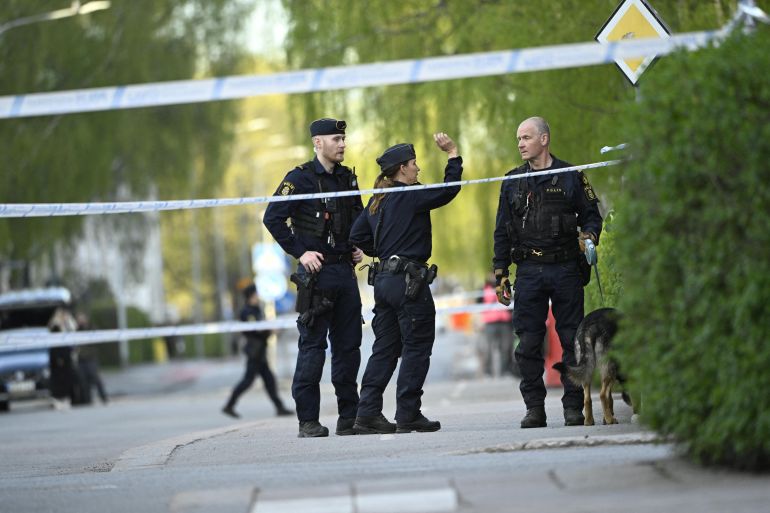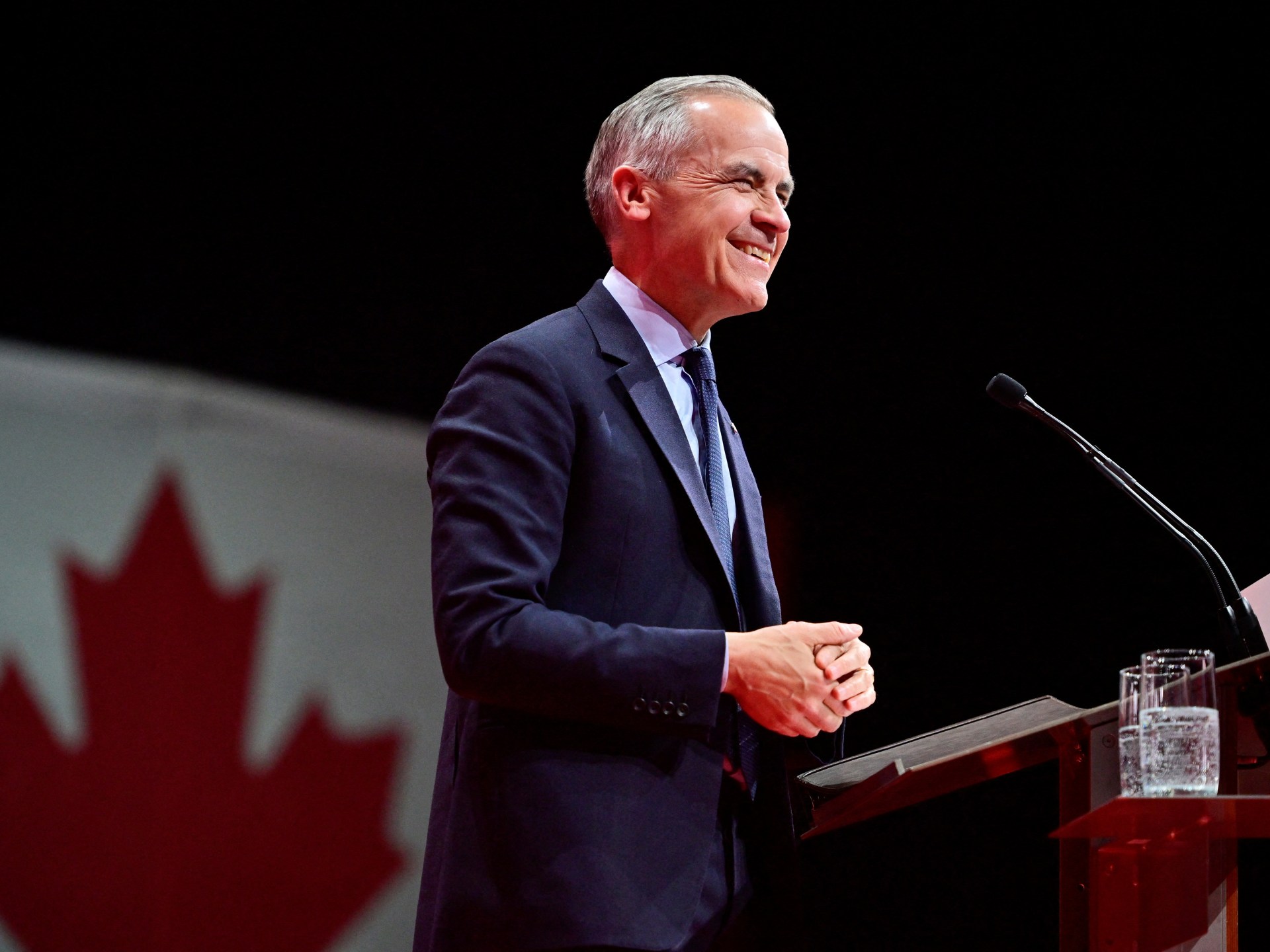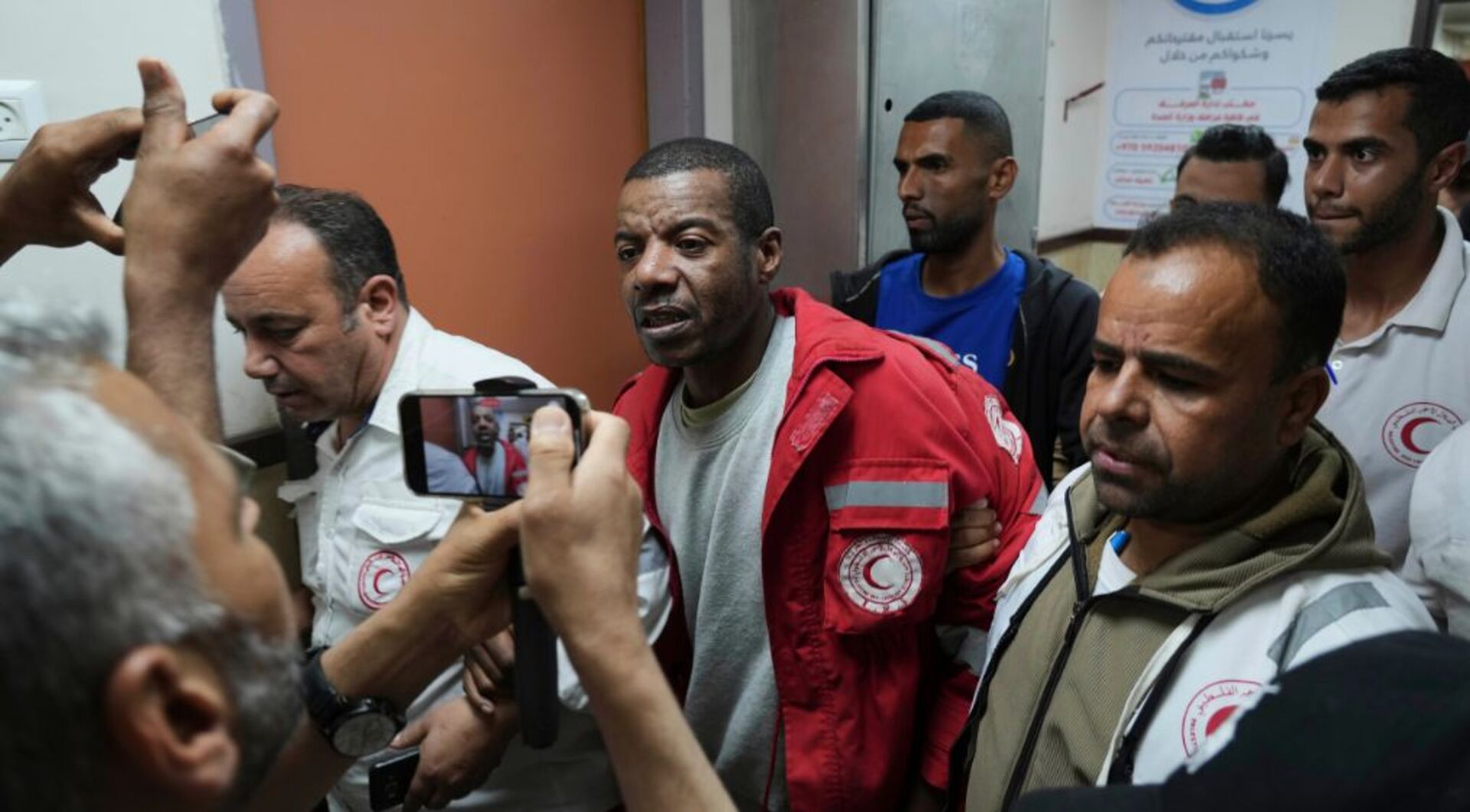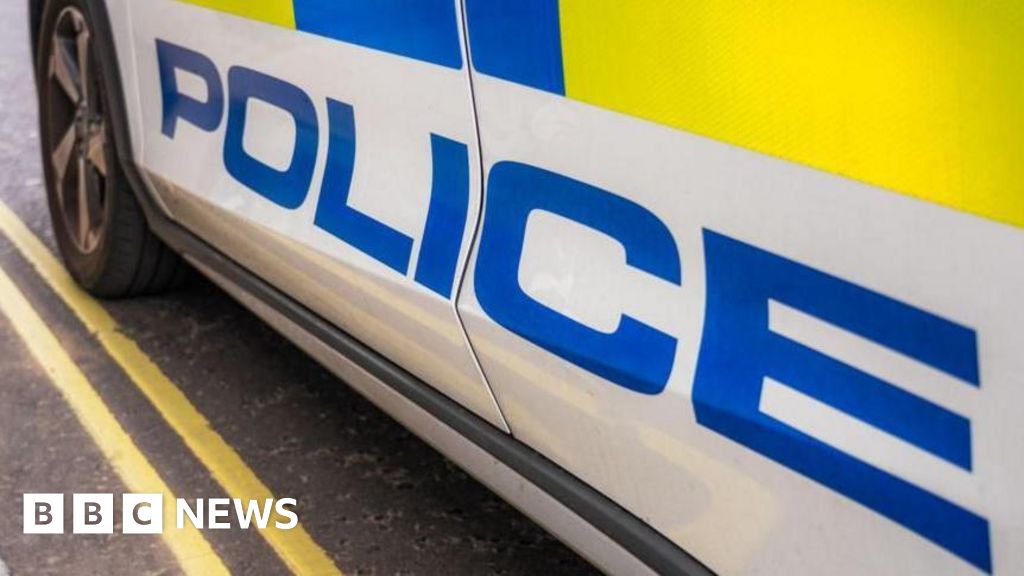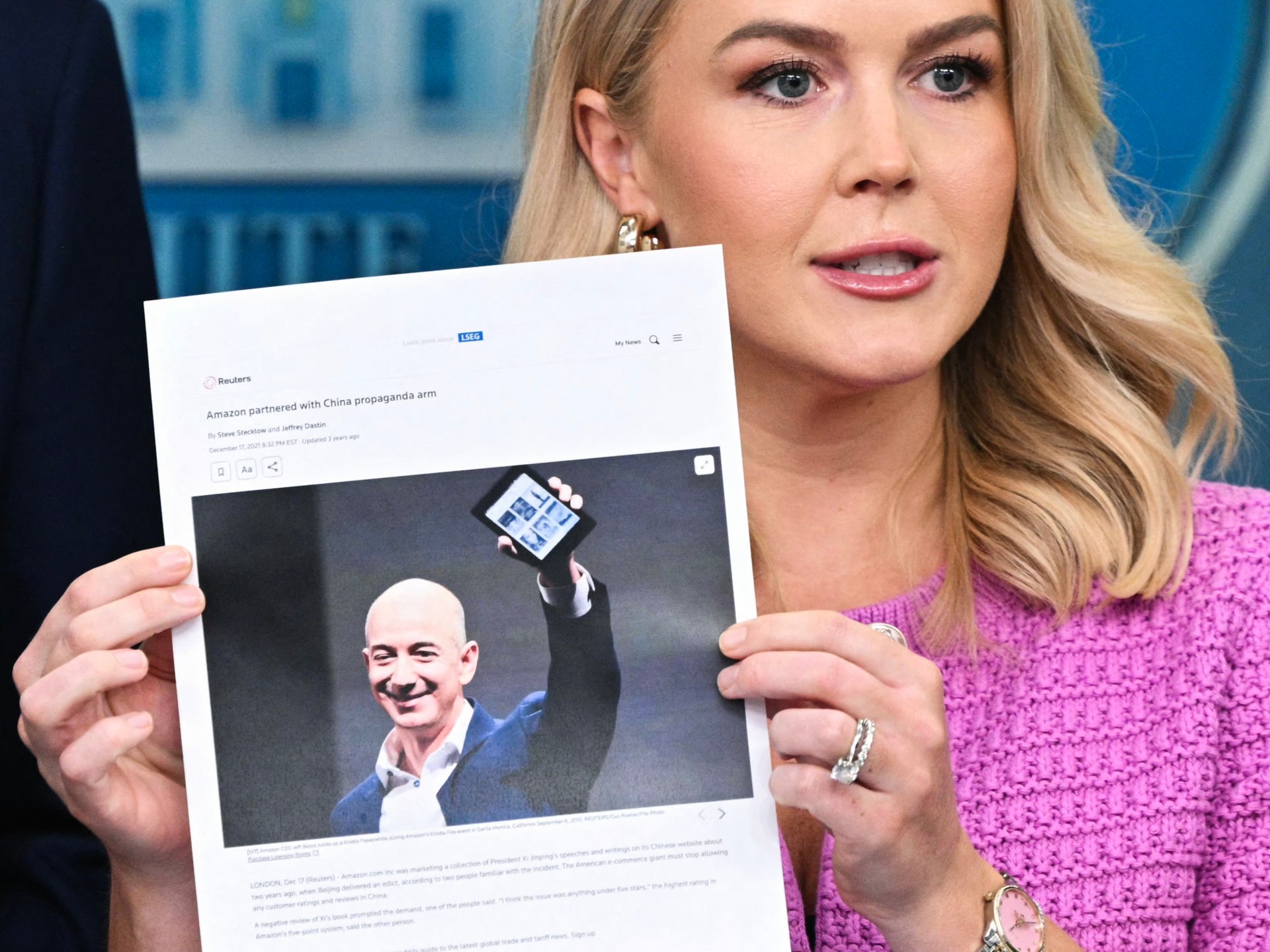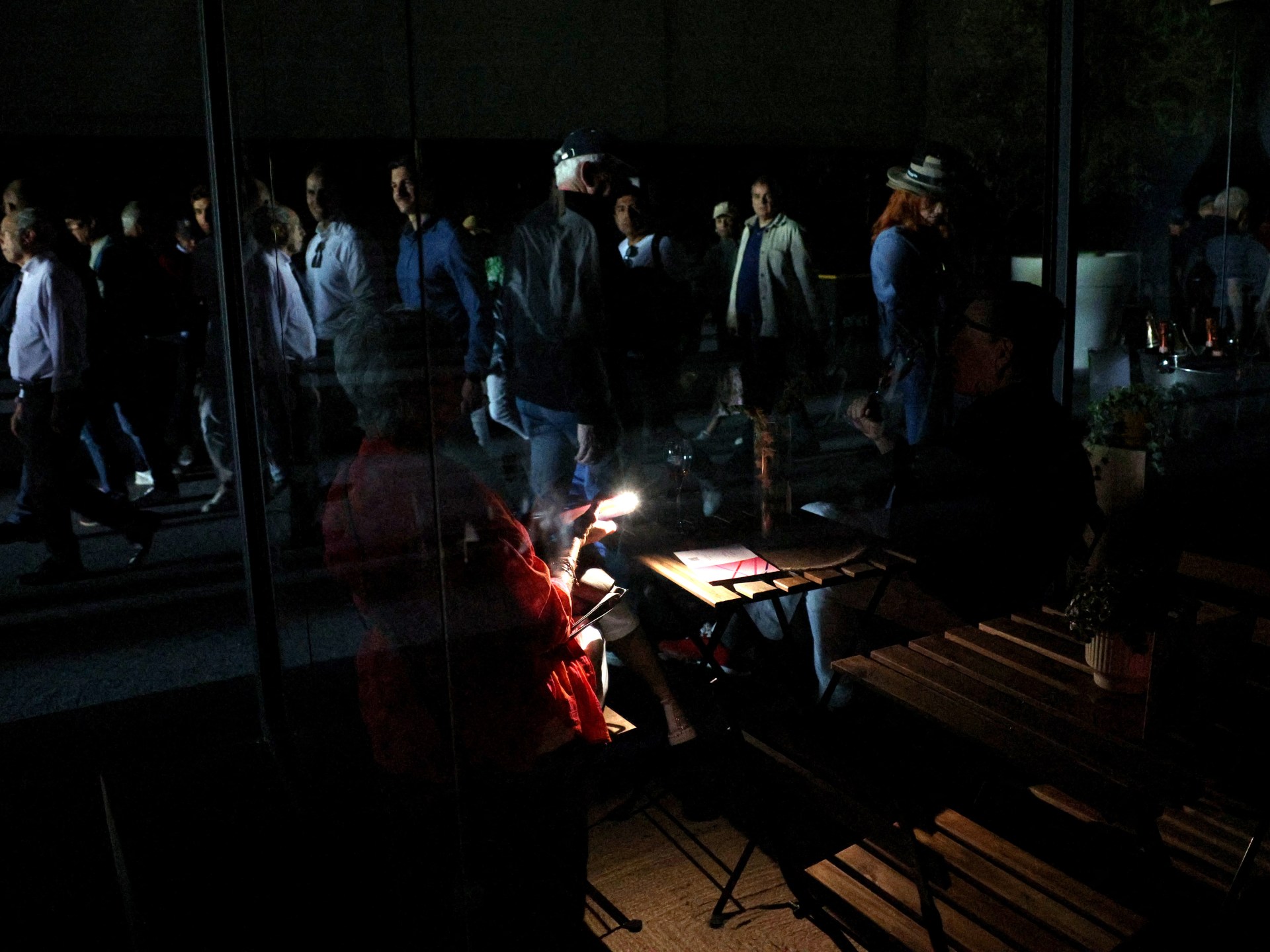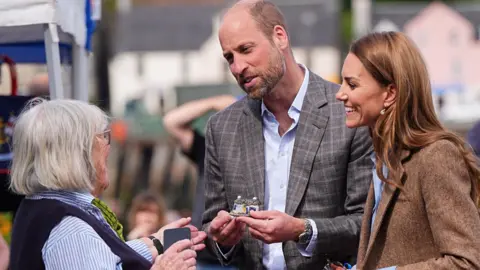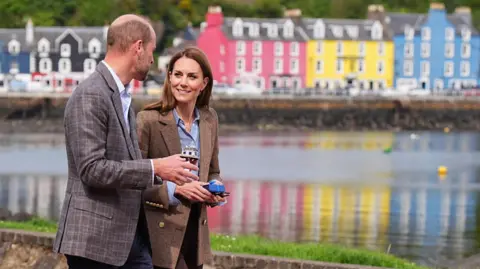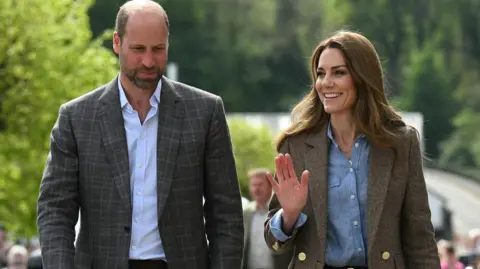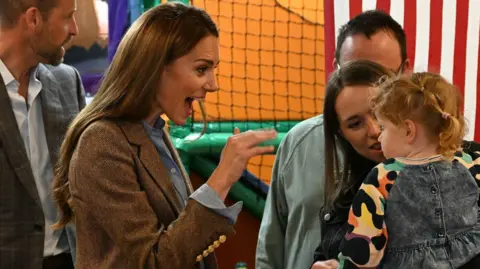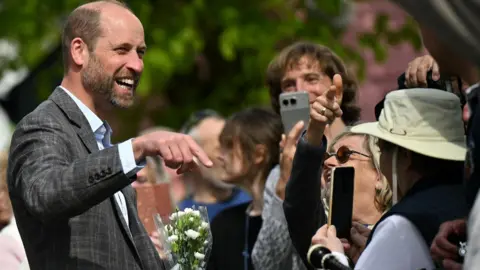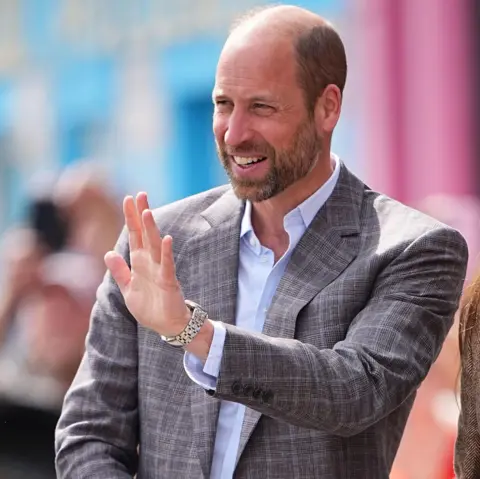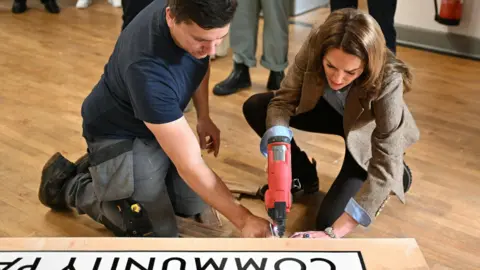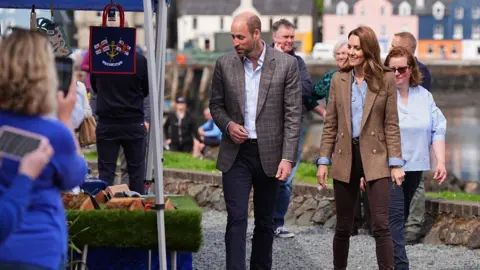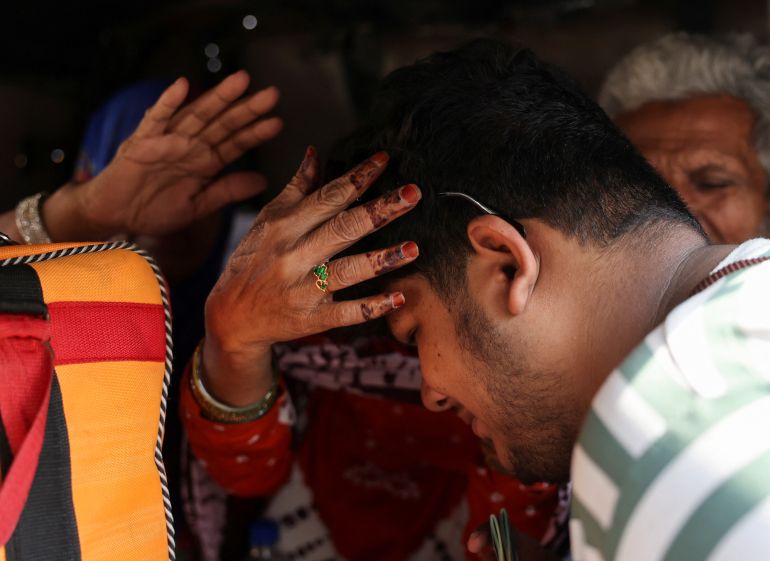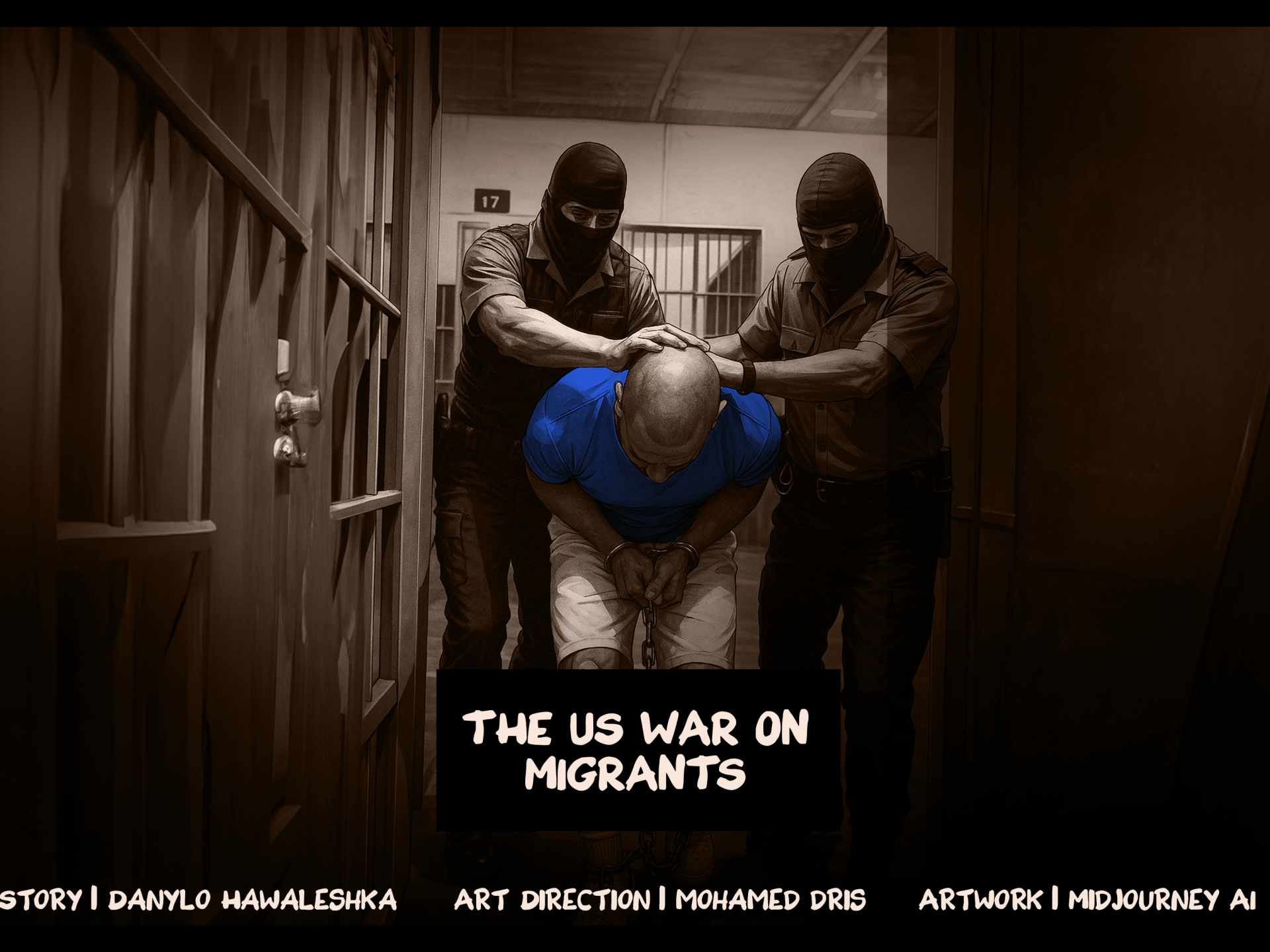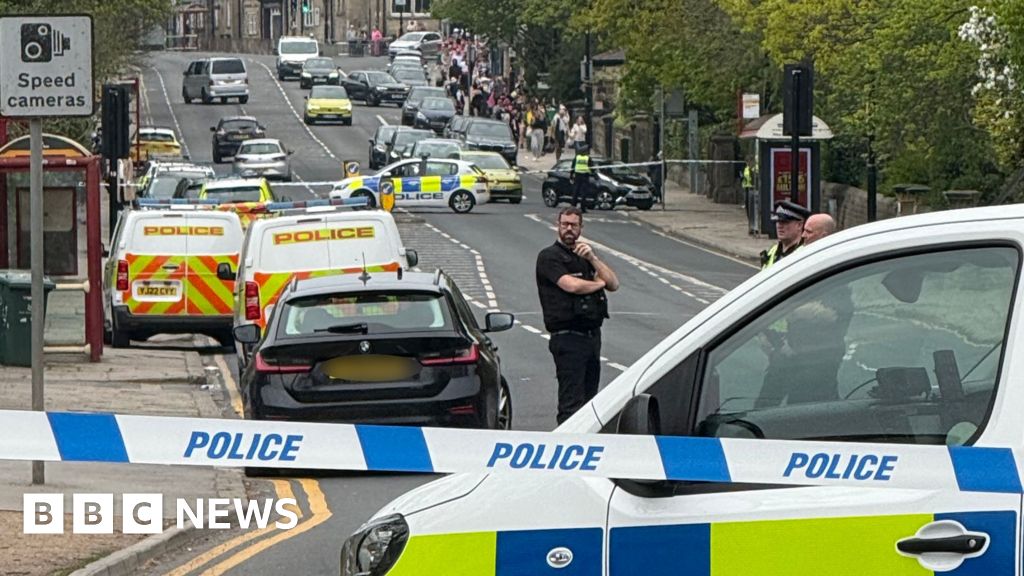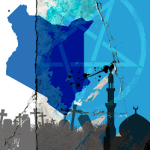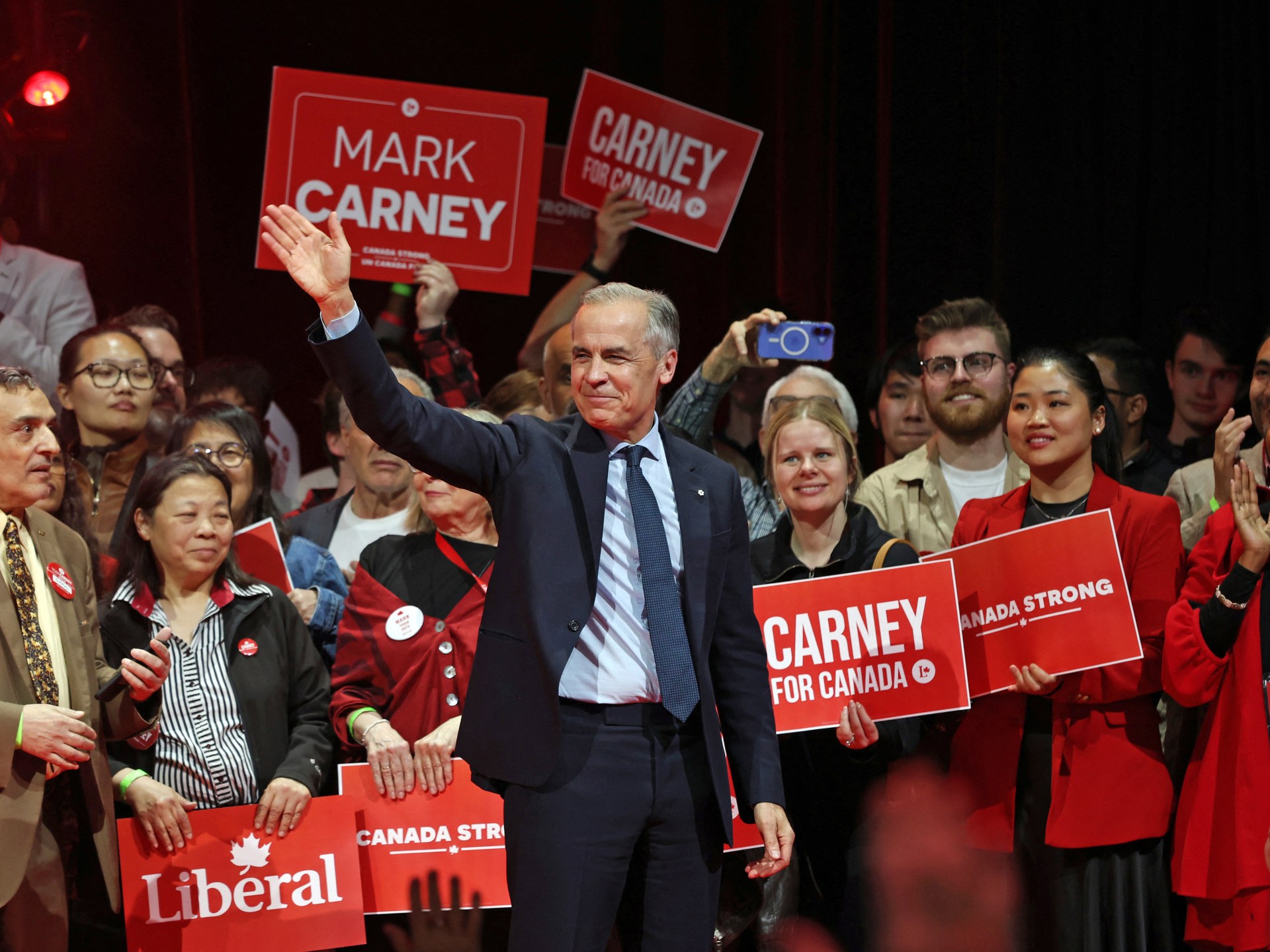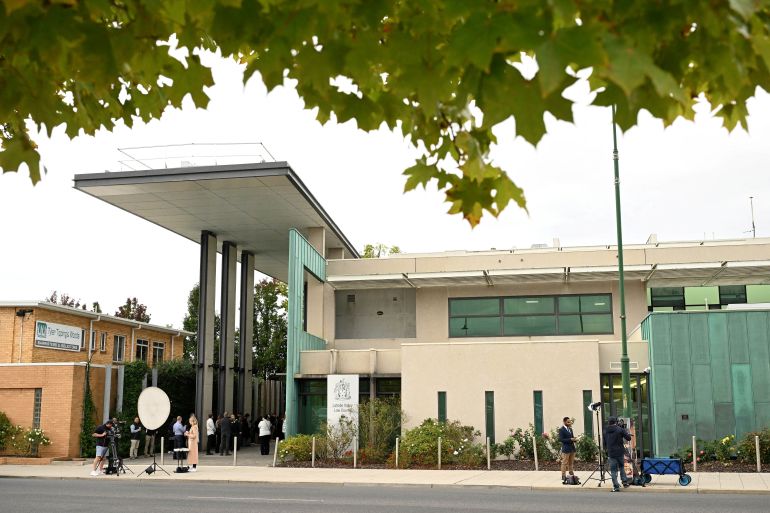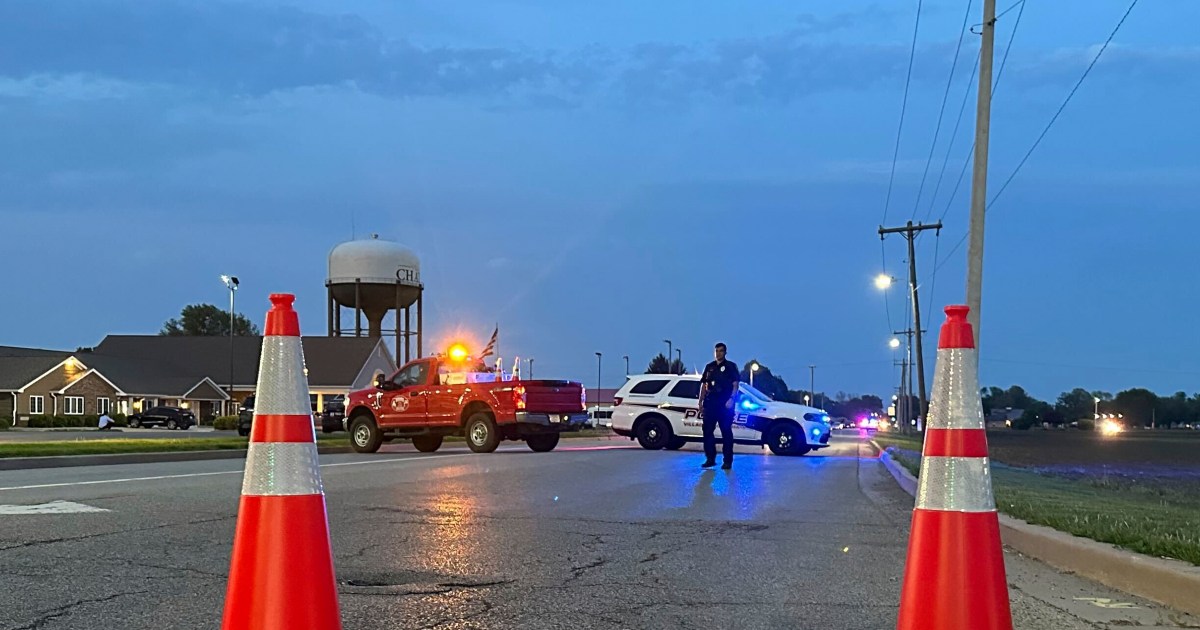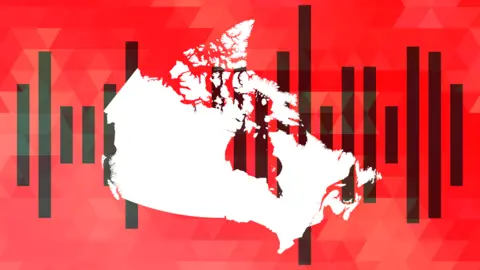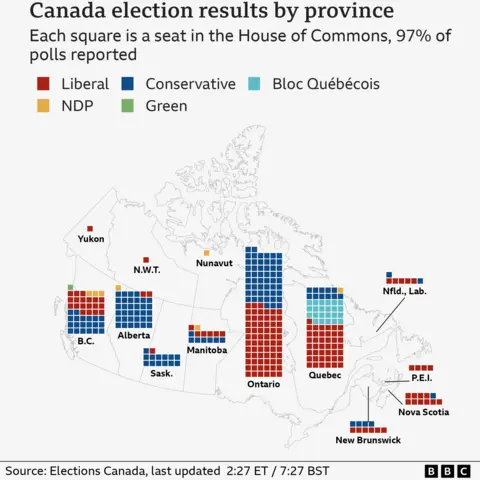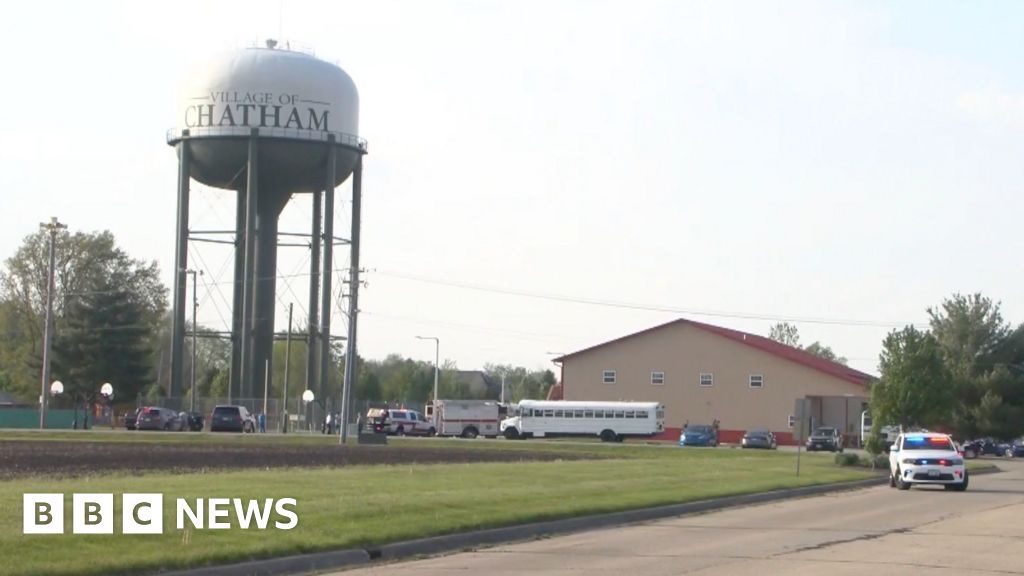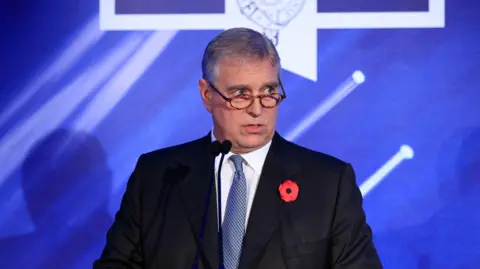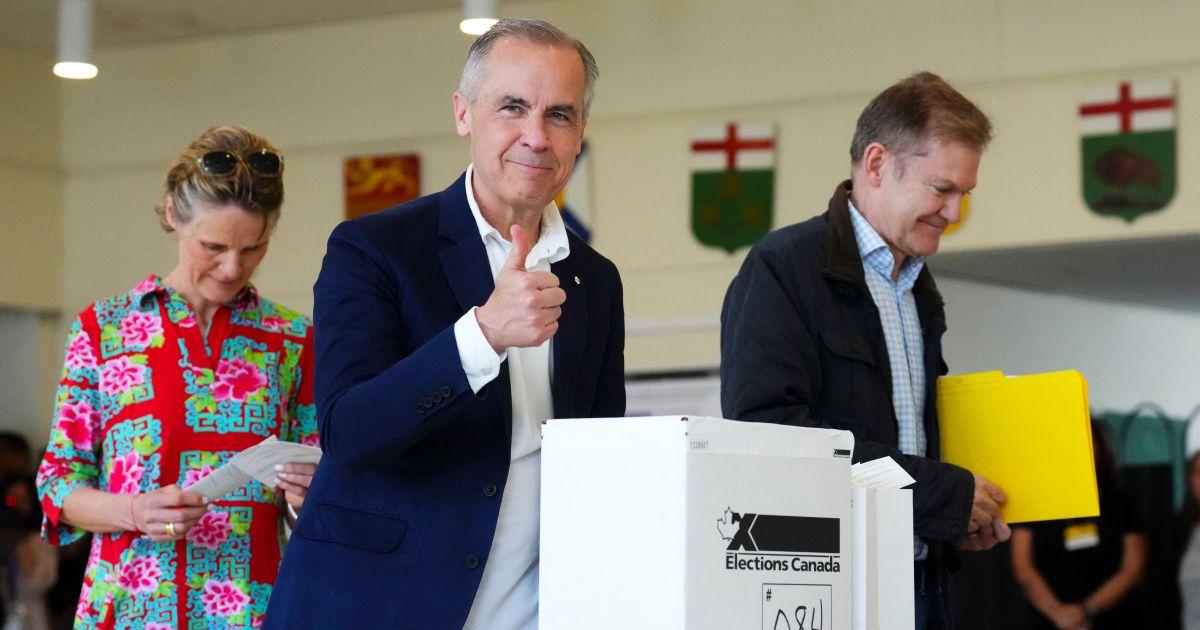Two bodies and about 57 indisposed persons were recovered from St. Joseph Missions of Africa Church in Migori County, western Kenya, on April 22, reigniting fears of cult-related abuses across the continent. The discovery comes barely two years after the Shakahola forest tragedy in the East African country, where more than 400 bodies, many of them children, were exhumed in one of the deadliest cult disasters in history.
One of the bodies, that of a man, was found lying on the floor of a prayer room in the Migori County church, fully dressed in a white robe and wrapped in a grey sheet, according to an internal police report seen by Reuters. Survivors reportedly resisted medical intervention, instead breaking into religious chants, an indication of deep-seated indoctrination.
While investigations into the Migori case are still underway, early signals point to disturbing similarities with the 2023 Shakahola starvation cult led by Paul Mackenzie of the Good News International Church. Mackenzie and his associates, currently facing charges ranging from murder to terrorism, allegedly coerced followers to starve themselves and their children to death in anticipation of an apocalyptic event.
Mackenzie has denied the charges, and the court proceedings continue to draw international attention. The tragedy from Shakahola, now amplified by the Migori discovery, shows a persistent pattern which exposes the weaponisation of religion and Kenya’s struggle to regulate religious extremism without infringing on constitutional rights.
Operating under the radar
From Boko Haram in Nigeria to Al-Qaeda and ISIS in the Middle East, religious extremism is often associated with Islam in both local and international discourse. The violent expressions of insurgent ideology have shaped policy and public perception of what extremism is for many decades. However, religious extremism is a concept that manifests across religions over time and often operates under the radar.
Christian extremism is distinct in its expression. It frequently appears nonviolent, yet its consequences can be deeply damaging. Across Nigeria and other parts of Africa, this extremism often takes the form of cult-like movements cloaked in Christian language, where charismatic leaders manipulate followers for power, wealth, and influence.
In Nigeria, where religion is deeply embedded in everyday life, the proliferation of independent churches, often lacking oversight or accountability, has created fertile ground for cult-like environments. Many are built around the personality of a “man of God” whose authority is considered absolute.
In June 2022, Nigerian police discovered a ritualistic shrine in an underground church in Ondo State, southwestern Nigeria. Seventy-seven people, including children, were rescued. They had been brainwashed with sermons predicting the rapture and instructed to abandon education and families.
The church, Whole Bible Believers Church, operated much like a cult. Its leader forbade followers from interacting with outsiders or accessing modern medicine, branding dissenting parents as demonic influences.
Perhaps one of the most infamous examples is the Movement for the Restoration of the Ten Commandments of God in Uganda. Founded by Credonia Mwerinde and Joseph Kibweteere, the group claimed Christian identity but ended in tragedy when over 700 people died in 2000 in a case of poisoning and church fire, allegedly orchestrated by cult leaders who predicted the end of the world.
The Shakahola massacre, uncovered in early 2023, again exposed how vulnerable populations can be manipulated under the guise of religious salvation. Bodies recovered from shallow graves revealed scenes of mass death, including entire families who starved to death. Reports from Kenya’s Directorate of Criminal Investigations (DCI) suggested starvation was not the only cause of death; some victims, including children, showed evidence of strangulation and blunt force trauma.
Following the Shakahola incident, Kenya’s President William Ruto established a commission of inquiry. The commission’s interim findings, released in late 2023, described a regulatory vacuum surrounding religious institutions and called for more robust oversight mechanisms.
However, the political will to implement strict controls on religious practices has been tempered by fears of backlash in a deeply religious society where churches wield considerable political influence.
Against this backdrop, the discovery in Migori feels less like an isolated incident and more like a manifestation of a systemic problem that has been inadequately addressed.
Religion and cultism in Kenya
Kenya is home to more than 4,000 registered religious organisations, with many more operating informally. Studies show that a large majority of Kenyans identify as religious, with Christianity being the dominant faith. While religious devotion fosters social cohesion, it has also created fertile ground for exploitation.
Cultism in Kenya has historically ranged from relatively benign sectarianism to catastrophic episodes such as Shakahola.
Other lesser-known incidents include the 2007 case of the “House of Yahweh” sect in Nairobi, where followers were encouraged to abandon modern medicine in favour of faith healing, leading to several preventable deaths.
HumAngle’s analysis of cases like Shakahola and now Migori shows recurring patterns among victims: socio-economic vulnerability, low levels of formal education, and prior exposure to charismatic authority figures.
Cult leaders often exploit fear, offering salvation from perceived impending doom: whether it be the end of the world, state persecution, or moral collapse.
In Migori, “thought reform” has been observed among the survivors who have declined medical care and opted for communal religious rituals, further highlighting that their autonomy has eroded over time due to their exposure to this cult.
What now?
In 2024, Kenya’s parliament passed preliminary bills aimed at regulating religious organisations. Proposed measures included mandatory registration, routine auditing of religious institutions, and background checks on religious leaders.
However, many of these proposals have stalled due to political resistance and lobbying by powerful church bodies. The Migori case is likely to reignite debate, though the path forward remains fraught.
Critics, including the Kenya National Commission on Human Rights and other civil society groups, argue that the government’s reactive approach is insufficient and call for preventative solutions. However, without careful safeguards, new regulations could be misused to target religious minorities, undermining constitutional protections selectively.
Kenya’s constitutional guarantees of freedom of religion, established under the 2010 Constitution, are among the most robust in Africa. Any perceived attack on religious liberty would likely provoke strong resistance from civil society and could even destabilise the fragile political equilibrium.
Globally, Kenya’s cult-related tragedies draw scrutiny not only for their horror but because they reflect broader international trends.
From the 1978 Jonestown massacre in Guyana, where more than 900 members of the Peoples Temple died in a mass murder-suicide orchestrated by American preacher Jim Jones, to the 1993 siege of the Branch Davidians in Waco, Texas, and the more recent “Heaven’s Gate” suicides in California, history is replete with examples of religious groups evolving into deadly cults under charismatic, authoritarian leadership.
Scholars of new religious movements warn that in times of economic uncertainty, political instability, and social fragmentation, the appeal of such groups tends to rise. Kenya’s rising unemployment, political divisions post-2022 elections, and socio-economic inequality provide a conducive environment for the spread of extremist religious ideologies.
The United Nations Office on Drugs and Crime, in its 2024 annual report on human security, listed “faith-based coercion” as an emerging threat in sub-Saharan Africa, citing Kenya as a case study.

